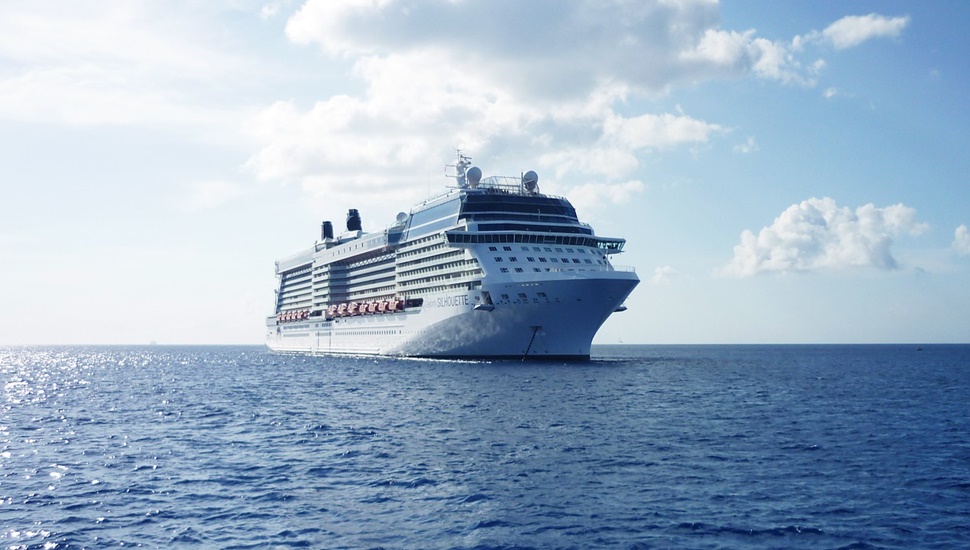Yacht Owners Exempt from Excise Duty in Montenegro
The Ministry of Finance of Montenegro has adopted a new Rulebook aimed at incentivizing the development of nautical tourism by relieving yacht and vessel owners of certain obligations once again.
Currently, the excise duty on fuel ranges from 33 to 44 cents per liter, and this amount is included in the VAT calculation, resulting in significantly higher payments for luxury vessel owners compared to regular citizens.
Previously, owners of these vessels enjoyed an exemption from excise duties until June 2022, when the then-Minister of Finance, Aleksandra Damjanović, introduced them. At that time, the Ministry estimated that the state budget had lost approximately 59 million euros in uncollected excise and VAT revenues from yacht and ship traffic between 2018 and July 2022, as reported.
The Ordinance has been published on the Government’s website and will take effect on the day it is officially published in the Official Gazette. The Ministry did not specify how this measure might impact budget revenues.
Starting in January, there will be a fee of three cents per liter on fuel for citizens and businesses intended for building oil reserves. In the new year, the “Europe USA 2” program will bring changes to excise duties on wine, certain sweets, carbonated drinks, and the VAT rate on books and hotel accommodations.
The complete title of the new rulebook is – the Ordinance on the Order of Customs Procedure, the type of goods, and quantitative restrictions, which outlines in detail how vessels and aircraft are supplied under customs supervision before departing from the customs area of Montenegro.

The rulebook details the supply of vessels with fuel, as well as other excise goods like alcohol and tobacco, directly from excise stores in ports and marinas without incurring this duty.
“Regarding the supply of vessel facilities and lubricants, this rulebook outlines the procedures for supplying vessels with these goods before leaving territorial waters. Afterward, a free traffic manifesto, vignette, or crew list is submitted. A significant change from previous regulations is the allowance for fueling and lubricants under customs supervision without paying import duties, provided the vessels depart territorial waters. Vessels designated for private use can be utilized by their owners or leased for recreation or the transport of passengers and goods without charge,” stated officials from the Ministry of Finance.
It is important to note that relief is contingent on the requirement that private vessels must have remained in Montenegro’s territorial waters for at least 72 hours from the day they first entered. After refueling, the vessels must exit the territorial waters but can subsequently return.
“This measure aligns with the government’s policy to create additional incentives for the development of nautical tourism, facilitating the attraction of more yachts, ships, and high-paying tourists. It will also support Montenegro’s integration into the European Union per the provisions of Article 218 of the Customs Law (“Official Gazette of Montenegro 86/22″),” mentioned officials from the Ministry of Finance.
When Damjanović introduced excise duties on fuel for leisure boats in June 2022, the budget was projected to have lost 59 million euros over a four-year period (from 2018 to 2022) due to uncollected excise and VAT on fuel for yachts and ships, regardless of whether they were used commercially or for leisure.
Out of this total, it was estimated that about 40 million euros pertained specifically to recreational yachts. During this timeframe, approximately 103.9 million liters of fuel were sold for yachts, ships, and other vessels at ports and marinas, resulting in an excess of excise duties amounting to 40.97 million euros and an additional 18.6 million euros in VAT.
At that time, the Ministry of Finance cited the rationale for implementing excises as a matter of solidarity with citizens and businesses that fulfill their duty obligations.


